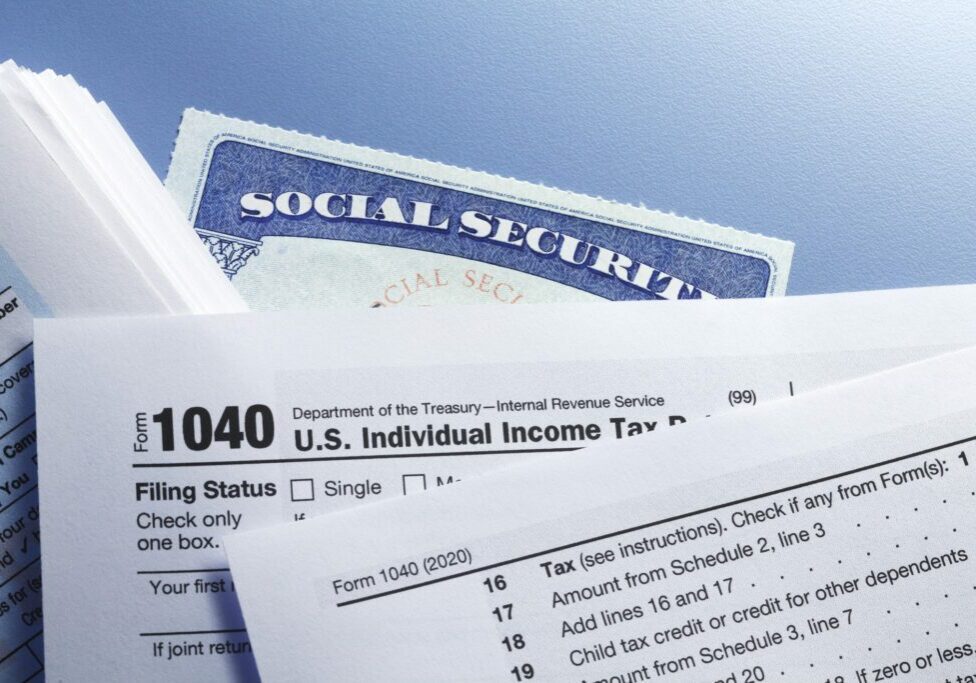Income Tax Reduction and Deferral-Part 2
Here are some more common opportunities to reduce or defer income taxes – aside from utilizing retirement plans.
1) For high tax bracket taxpayers who are charitably inclined, consider making a contribution to a charity in exchange for an annuity. While the remaining value in the contract goes to a charity upon death (the annuity may be arranged on both lives of a husband and wife), the annuity rates may be better than alternative low-risk in Certain trusts can also be used to achieve income as well as estate tax savings.
2) Invest in dividend paying stocks. Make sure a company’s dividends are qualified, generally meaning they are from domestic companies. Qualified dividends are taxed at a maximum rate of 20%.
3) Invest in tax free bonds.
4) If you meet eligibility requirements, consider making a tax deductible (or deferred if done thru employer) contribution to a
Health Savings Account (HSA). If you already contribute to an HSA, accumulate the money inside of the HSA by using after-tax dollars to pay medical bills. Save your receipts for qualifying out-of-pocket medical expenses to take money out at a later date, including earnings in the account.
5) If you have a lower income year and have money set aside, be sure to contribute to a retirement plan or IRA (ideally a ROTH) to take advantage of the Saver’s Credit. For example, contributing $1,000 to a ROTH could get you a $500 tax credit. How many investments do you know of that can offer that kind of immediate return the day you invest?!
6) Consider the tax consequences of investments you make, particularly in mutual funds. Mutual fund rankings are based on results before tax consequences, which is fine for retirement plans and other before-tax investments. Ranking investments after considering taxes reshuffles the list. If you are in a high tax bracket this is significant in choosing which funds to invest in. Index Funds, for example, do little trading and trigger less taxes.
7) When considering your investment allocation, make one allocation based on all of your investments as opposed to a balanced portfolio in each account such as your ROTH, HSA, 401(K) and after-tax investments. Put the highest income tax consequence investments in your ROTH, where it will grow tax free, and your lowest tax consequence investments in your after-tax accounts. Balance all your investments as if held in one portfolio.
8) When making purchase decisions that require financing, consider using a home equity loan to finance the purchase costs. Whereas interest paid on personal and consumer loans is typically non-deductible, interest paid on home equity indebtedness up to certain limits, is deductible regardless of the use of the proceeds (AMT rules may differ)
In the next edition: reducing taxes through employer retirement plans.
Ken Meissner is a partner with Alegria & Company, PS. He can be reached at kmeissner@alegriacpas.com








